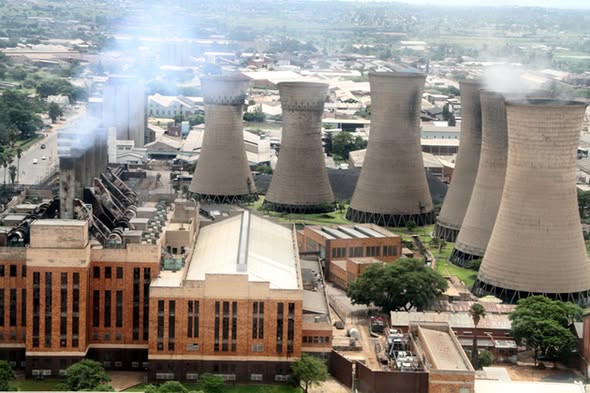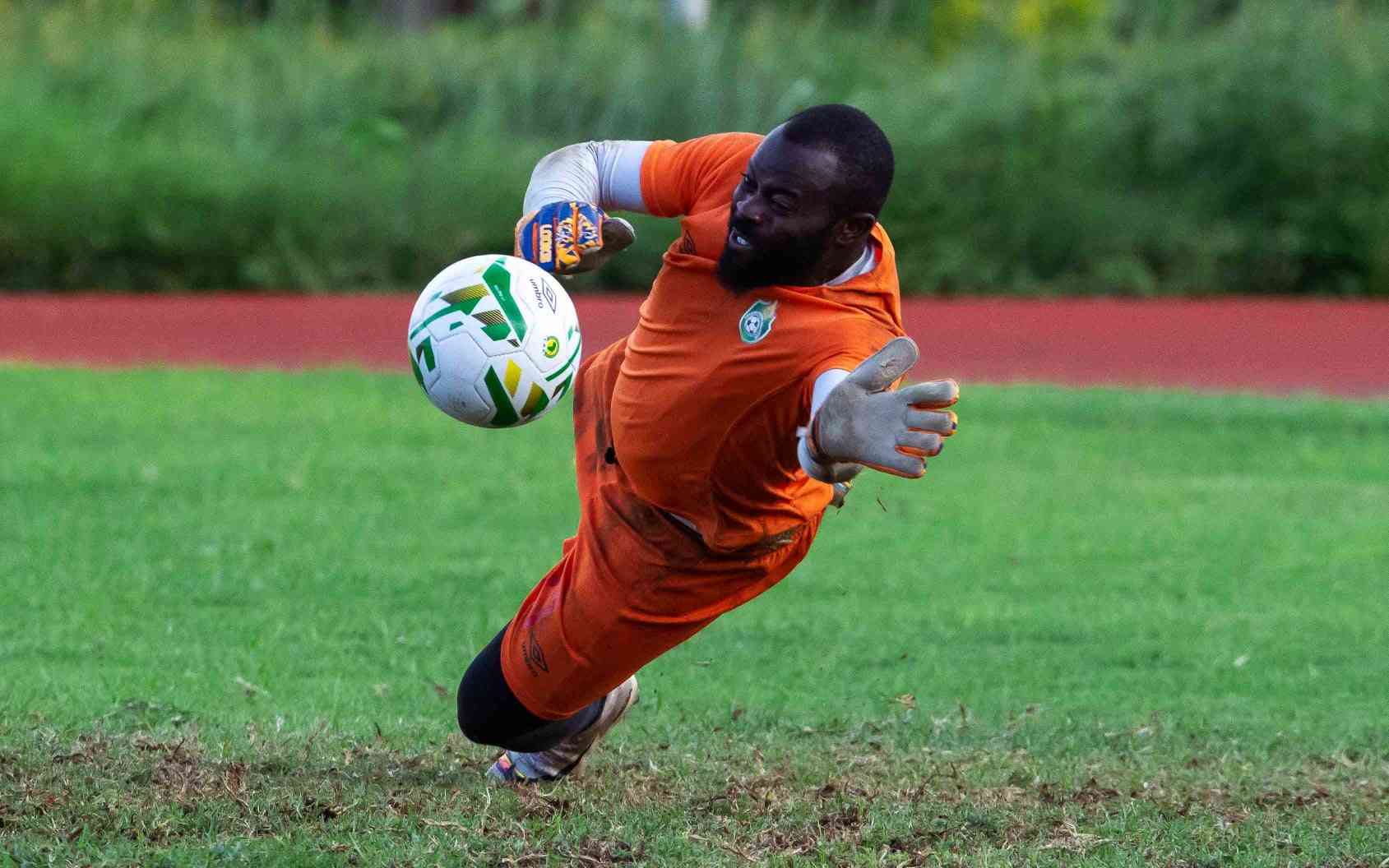
A JOINT Portfolio Committee on Environment, Climate and Wildlife and the Thematic Committee on Climate Change continued travelling all over Zimbabwe this week, gathering public input on a Climate Change Bill as part of nationwide hearings to ensure inclusivity in the law-making process.
Development practitioner and gender advocate Nyasha Mudavanhu has been following these public hearings and has contributed her views on the proposed Bill.
In an interview, she urged Parliament to strengthen the Bill so that it directly protects women and girls, whom she said are “carrying the heaviest burden of climate change in Zimbabwe”.
Mudavanhu said climate change was not just an environmental issue, but also a public health and gender justice issue with severe consequences for women and girls.
“Women and girls in Zimbabwe bear the brunt of climate change impacts. For example, research has shown that pregnant women are significantly affected by extreme heat, and this has a direct bearing on maternal and neonatal health outcomes,” she said.
She noted that Zimbabwe has witnessed a rise in preterm deliveries linked to heat stress, adding that “four in every 10 preterm babies die every day”.
Mudavanhu, who works as the advocacy and gender adviser for Population Services Zimbabwe, an affiliate of MSI Reproductive Choices, cited findings from the organisation’s research across 26 countries which revealed that 11,5 million women and girls are at risk of losing access to reproductive health services and contraception due to climate-related displacement.
She said these realities should be addressed in the Bill through explicit gender-responsive provisions.
- American Youtuber extends benevolence to Zim
- The power to stop gender-based violence
- Govt invests US$13m in early warning systems
- Zim, AU partner to eliminate GBV
Keep Reading
“The Bill must explicitly prioritise gender-responsive adaptation measures that protect and empower women and girls,” she said, adding: “It must also ensure the integration of sexual and reproductive health (SRH) in climate policies, especially during and after disasters.”
Mudavanhu warned that post-disaster response systems currently overlook women and girls’ needs, despite them being the most vulnerable.
Zimbabwe has suffered repeated climate-induced disasters, including Cyclone Idai, Eli and droughts, yet response systems remain slow and fragmented.
“Post-disaster recovery in Zimbabwe faces delayed and fragmented response, limited financial resources, and lack of integration between short-term disaster relief and long-term adaptation,” Mudavanhu said.
She recommended that the Bill mandates a clear framework for co-ordinated recovery efforts.
“The Bill must ensure rapid, inclusive post-disaster recovery that prioritises vulnerable populations, especially women and girls,” she said.
The development practitioner and gender advocate welcomed the establishment of a Loss and Damage Unit in the Bill, describing it as “a positive step towards climate justice,” but said more should be done.
Mudavanhu said the speed of humanitarian assistance in Zimbabwe is often slowed by bureaucracy and poor communication.
“The speed at which aid reaches affected populations varies, but is often hampered by logistical challenges and bureaucratic delays. Vulnerable groups, particularly women and girls, face additional barriers in accessing help,” she noted.
Zimbabwe is a party to international agreements such as the Paris Agreement and the Sadc Protocol on Environment and Sustainable Development.
Mudavanhu urged lawmakers to align the Bill with these commitments.
“The Bill should embed these frameworks, particularly those promoting gender equality, health and resilience.
“It must provide a legal basis for harmonising national climate actions with regional strategies.”
Mudavanhu emphasised building resilience at macro, meso and micro levels.
At the macro (national) level, she called for strong sectoral adaptation plans led by government ministries.
At the meso (local), she urged climate resilience built into district and municipal development plans.
At the micro (households) level, she advocated for empowering families, especially women, with tools for climate-smart agriculture, water conservation and health preparedness.
“Resilience must be cultivated at all levels of society.
“The Bill must mandate coordinated actions across these levels.”
Mudavanhu proposed the creation of an Adaptation and Resilience Unit under the Climate Bill.
“Setting up an Adaptation and Resilience Unit will help solve many community-level challenges caused by climate change.
“It will ensure long-term readiness, not just reactive response.”
Sweden, through the Sexual Reproductive Health Rights, HIV and Aids Governance Project of the Sadc Parliamentary Forum, is supporting the consultations, enabling voices like Mudavanhu’s to add momentum to calls for a human-centred climate law that protects lives, livelihoods, and vulnerable groups, especially women and girls.










